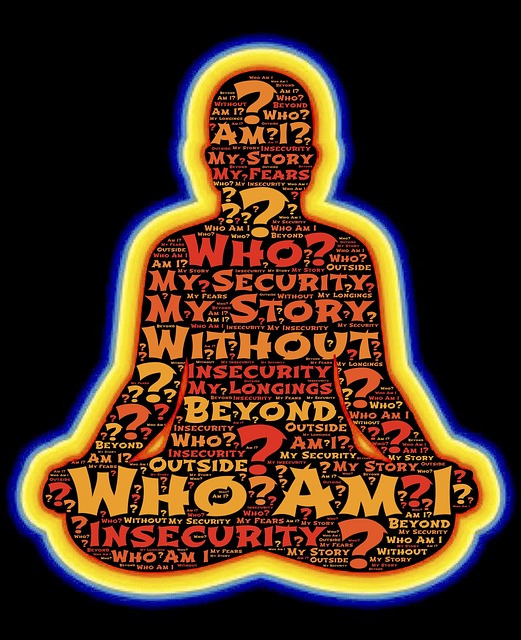Tara Brach reminds us why our negative self-stories are so persistent and difficult to dislodge. Sometimes our stories can help to protect us by warning us about real dangers. Often our self-stories are based on an irrational fear that has its origins in our childhood. If we are to challenge these stories and change our negative thoughts, beliefs and patterns of behaviour we need to be committed to a consistent mindfulness practice that unearths the stories damaging our lives and our relationships.
Stories can blind us to creative options
Fear-based stories tend to cloud our perceptions and obscure our thinking, so that creative exploration of options is closed off to us. If we are dealing with difficulties in our relationships or undertaking a challenging task, we can be blinded by the negative self-stories that capture our thinking and lock out consideration of alternative approaches. It is in stillness and silence that we can access our creativity – the noise of incessant negative, inner dialogue can disable us because the embedded fear triggers the amygdala (the most primitive part of our brain) and our automatic fight/flight response.
The starting point for self-exploration
The starting point for self-exploration can be identification of a blockage to taking action on some issue or problem, whether associated with a relationship or an endeavour. If we find we are procrastinating, if is a sure sign that some form of negative self-story is playing in the background, on an unconscious level. As we discussed previously, the challenge is to bring these stories “above the line” – into our conscious awareness.
When we are faced with a perceived threat or the possibility of embarrassment, we tend to fall back on the illusory sense of control embodied in our self-stories and fail to exercise the values that we espouse as important such as “honesty, collaboration and fairness”. Bob Dick, in his research paper on Rethinking Leadership, asserts that in this scenario we try to “control the situation” and, in the process, desert our espoused values. Our sole focus is on self-protection.
Challenging our self-stories through a commitment to mindfulness practice
While ever we remain unaware of our negative self-stories or fail to face up to them when we become aware of their existence, we will be held captive and blinded by them. They can be persistent and pervasive. Addressing them in a single mindfulness session will be inadequate to prevent their recurrence. Negative self-stories are like weeds – you remove them from some aspect of your life, and they pop up elsewhere in a slightly different form. Even with persistent and focused meditation, negative self-stories will not be removed entirely. However, their negative impact on our lives will be reduced with committed mindfulness practice – what Tara calls “dedicated practice”. She encourages us, in the words of Henri Nouwen, “to push aside and silence the many voices” that question our worthiness and basic goodness.
The difficulty in trying to build any new, positive habit is being able to sustain the effort. Without sustained mindfulness practice, however, our self-stories will continue to hold us to ransom and control our beliefs, thoughts and actions. We need to become conscious of the damaging effects of these stories and to frequently recall the benefits of the freedom and creativity afforded to us through mindfulness practice. We can reinforce our commitment by revisiting the sense of expansiveness and self-realisation that mindfulness releases in us.
As we grow in mindfulness, through reflection and committed mindfulness practice, we can engage in self-exploration, unearth our negative self-stories and their damaging effects, experience openness to self-realisation and creativity, and rest in the calmness of our relaxed breathing.
____________________________________________
By Ron Passfield – Copyright (Creative Commons license, Attribution–Non Commercial–No Derivatives)
Disclosure: If you purchase a product through this site, I may earn a commission which will help to pay for the site, the associated Meetup group and the resources to support the blog.

